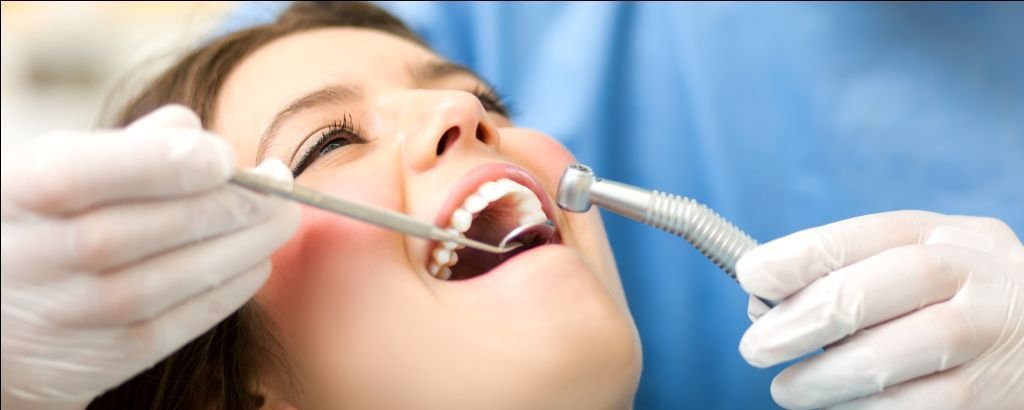
Dental may refer to:Having to do with teeth
Dentistry is a branch of medicine that is involved in the study, diagnosis, prevention, and treatment of diseases, disorders and conditions of the oral cavity, commonly in the dentition but also the oral mucosa, and of adjacent and related structures and tissues, particularly in the maxillofacial (jaw and facial) area.Although primarily associated with teeth among the general public, the field of dentistry or dental medicine is not limited to teeth but includes other aspects of the craniofacial complex including the temperomandibular and other supporting structures. The term dentistry comes from odontology (from Ancient Greek ὀδούς (odoús, "tooth")) – the study of the structure, development, and abnormalities of the teeth. Because of their substantial overlap in concept, dentistry is often also understood to subsume the now largely defunct medical specialty of stomatology (the study of the mouth and its disorders and diseases) for which reason the two terms are used interchangeably in certain regions.
Dentistry is important to one's overall health. Dental treatments are carried out by the dental team, which often consists of a dentist and dental auxiliaries (dental assistants, dental hygienists, dental technicians, as well as dental therapists). Most dentists either work in private practices (primary care), dental hospitals or (secondary care) institutions (prisons, armed forces bases, etc.).
A dentist, also known as a dental surgeon, is a surgeon who specializes in dentistry, the diagnosis, prevention, and treatment of diseases and conditions of the oral cavity. The dentist's supporting team aids in providing oral health services. The dental team includes dental assistants, dental hygienists, dental technicians, and, in some states, dental therapists.
By nature of their general training, a licensed dentist can carry out most dental treatments such as professional teeth cleaning, restorative (dental restorations, crowns, bridges), orthodontics (braces), prosthodontic (dentures, crown/bridge), endodontic (root canal) therapy, periodontal (gum) therapy, and oral surgery (extraction of teeth), as well as performing examinations, taking radiographs (x-rays) and diagnosis. Additionally, dentists can further engage in oral surgery procedures such as dental implant placement. Dentists can also prescribe medications such as antibiotics, fluorides, pain killers, local anesthetics, sedatives/hypnotics and any other medication that serve in the treatment of the various conditions that arise in the head and neck.
Dentists need to take additional qualifications or training to carry out more complex procedures such as General anesthesia, oral and maxillofacial surgery, and implants. While many oral diseases are unique and self-limiting, poor conditions in the oral cavity can lead to poor general health and vice versa. Conditions in the oral cavity may be indicative of systemic diseases such as osteoporosis, diabetes, AIDS, different blood diseases(including malignancies and lymphoma) etc.


